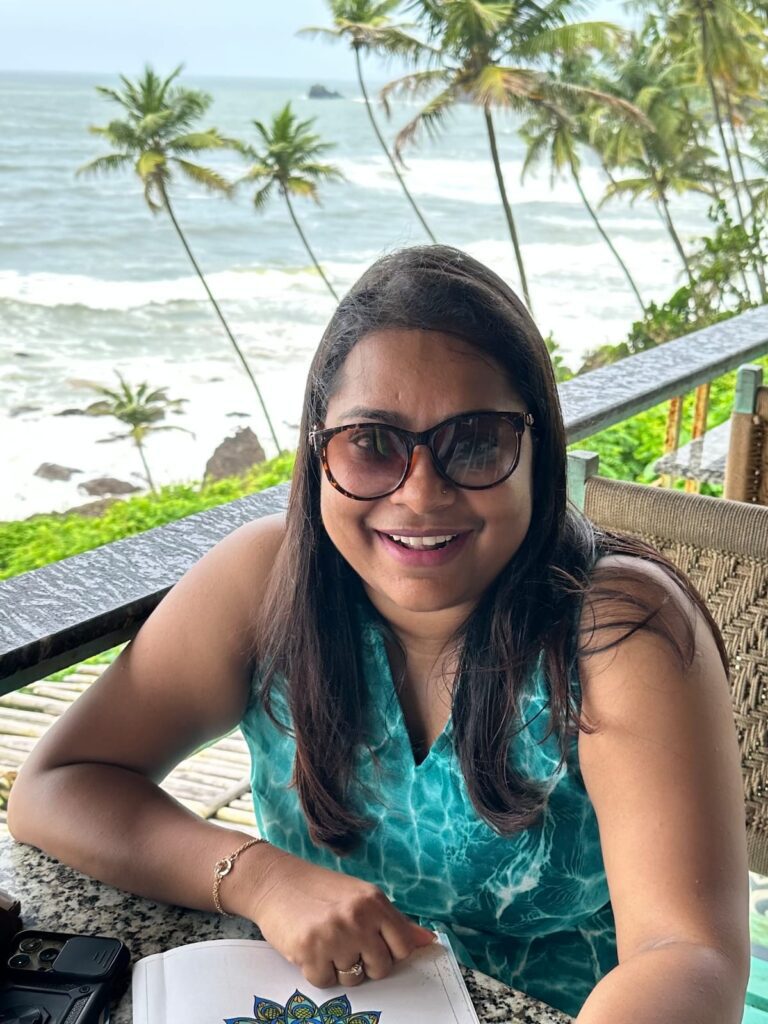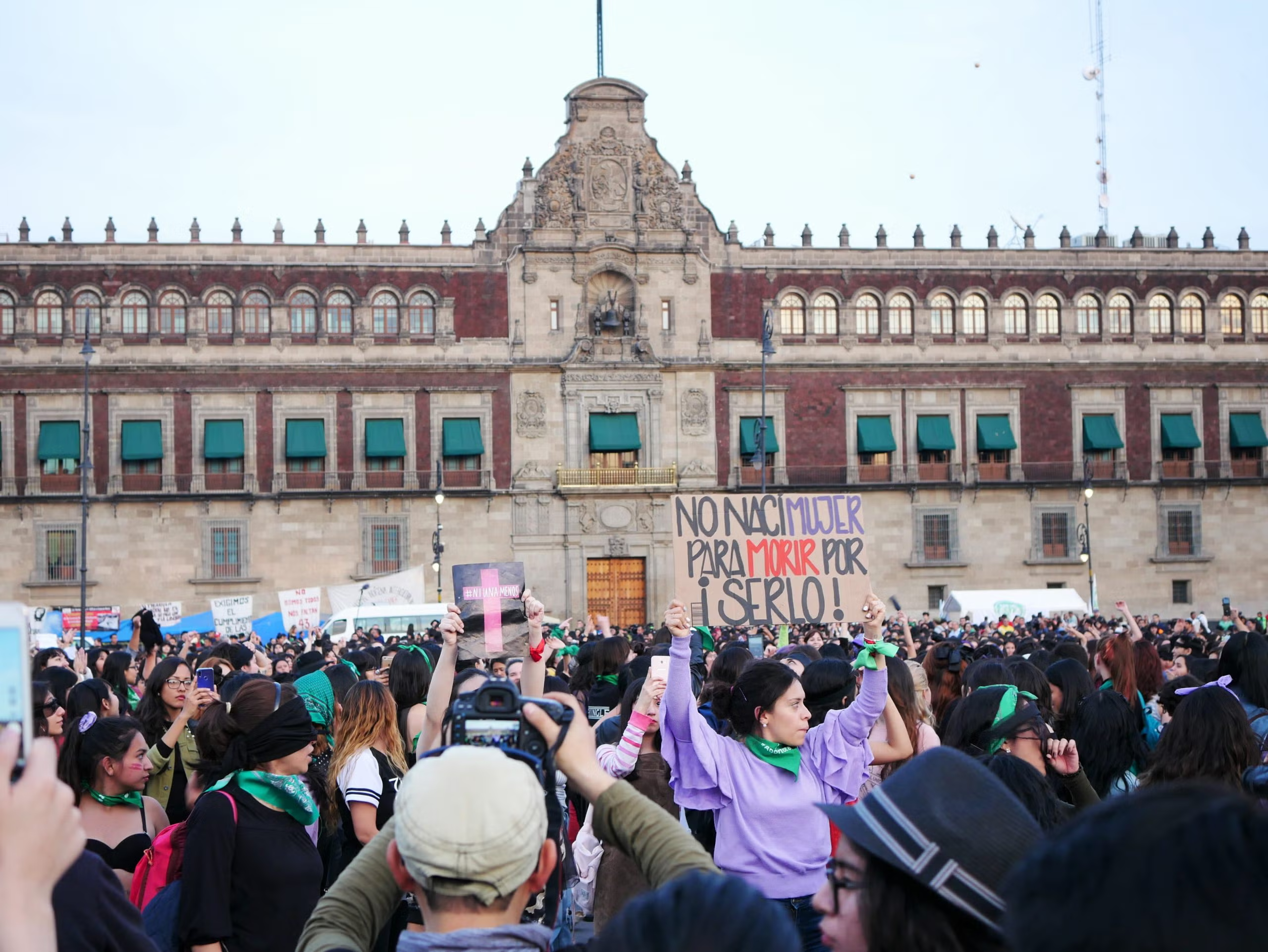Now Reading: In Denmark, You Can Borrow a Person Instead of a Book—Here’s How the ‘Human Library’ Works
-
01
In Denmark, You Can Borrow a Person Instead of a Book—Here’s How the ‘Human Library’ Works
In Denmark, You Can Borrow a Person Instead of a Book—Here’s How the ‘Human Library’ Works

Imagine walking into a library, but instead of picking up a book, you sit across from a person—and listen to their life story. No fiction, no pages, just real conversations with real people. That’s the idea behind Denmark’s ‘Human Library,’ a concept that challenges bias, encourages empathy, and proves that lived experience is often the most powerful narrative.
How It All Started
The Human Library first began in Copenhagen in the early 2000s with a simple goal: break stereotypes. Organisers invited people from marginalised or misunderstood communities—refugees, ex-convicts, people with disabilities, and more—to volunteer as “human books.”
Visitors could “borrow” them for 30 to 60 minutes and ask questions about their lives. The rule was simple: listen with curiosity, not judgment.
What Makes It Work
These aren’t rehearsed talks or lectures. They’re raw, open dialogues. A person might share what it’s like to live with depression, grow up as a refugee, or navigate life as a transgender individual. No filters, no scripts—just perspective.
What keeps this format impactful is the one-on-one nature of it. It’s not about changing someone’s mind on the spot; it’s about creating space for honest, human interaction. And that alone can shift deeply rooted assumptions.
Why This Matters to India
India, with its vast diversity, has no shortage of social divides—religion, caste, gender, language, region. Especially in Tier 2 cities, where traditions run deep and exposure to different worldviews might be limited, something like a Human Library could spark the kind of conversations we rarely have.
Imagine a student in Nagpur “borrowing” an LGBTQIA+ person for a candid chat. Or someone in Lucknow meeting a Dalit activist face-to-face. It won’t erase prejudice overnight, but it can humanise experiences that are usually misunderstood or ignored.
Lessons for Us
What the Human Library teaches is that empathy grows in dialogue, not distance. In India, our instinct is often to debate, defend, or dismiss. But sometimes, just listening—without trying to win an argument—is far more transformative.
Colleges, libraries, or community centres in Indian cities could take inspiration from this and host their own versions. The infrastructure is minimal. What matters most is a willingness to talk—and to listen.
Conclusion
The Human Library in Denmark turns people into open books—not to entertain, but to enlighten. And in a world filled with noise, taking the time to quietly understand someone else’s truth might just be the most powerful form of education we have. Maybe it’s time Indian towns and cities considered adding “people” to their reading list too.

























